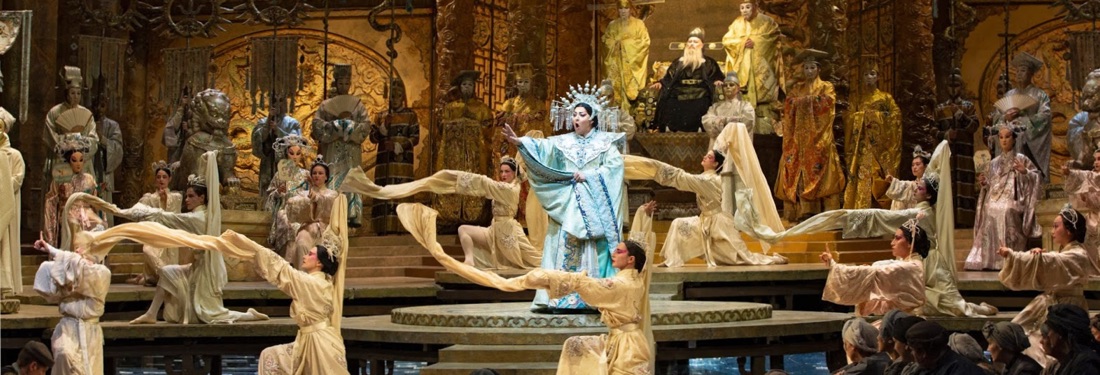

In the triumphant American premiere of Orlando Generoso at the Boston Early Music Festival last week, the hippogriff was among the many stars of the show.
We convoke for Dido and Aeneas in an arched tunnel a city block long, lit by candles in the many recesses.
Amore Opera, an old-fashioned, adventurous little company that performs ambitious and sometimes delectably obscure but worthy repertory at the Riverside Theatre, is now (through Sunday) presenting Un ballo in maschera.
The New York premiere of Kopernikus, an opera by the Canadian mystic Claude Vivier, who was murdered in Paris in 1983, three years after its completion.
New Amsterdam Opera specializes in American singers whose abilities are as yet little known.
Britten’s penultimate opera, the anti-war ghost story Owen Wingrave, was composed for television performance in 1971.
The story shows what may happen when corrupt individuals occupy positions of trust.
Zelmira, a work of 1822, was the last of the eight operas Rossini composed for the Teatro San Carlo in Naples, then the largest opera house in Italy—perhaps in Europe.
A return to Amore Opera’s production of Meyerbeer’s Dinorah to hear the second cast underlined two conclusions.
Amore Opera, one of New York’s smaller opera companies, is presenting the first local run of Dinorah, ou le Pardon de Ploërmel since before the war.
Utopia Opera is fond of the less well known branches of the Savoy repertory (as the company name suggests), and is currently (through next weekend) doing a job on an early and rare bird of the flock, The Sorcerer.
At the opening of the Scottish Opera’s 2017 production of Turnage’s opera Greek, I was very sorry I’d missed Anna Nicole.
The New Camerata Opera performs a double bill of John Blow’s Venus and Adonis, sometimes dubbed the first English opera, and Gustav Holst’s Savitri.
Give the creators credit for producing an emotional response.
Washington Concert Opera on the occasion of Gounod’s 200th birthday presented the American premiere of his first opera, Sapho.
This program honored the singer, composer and theorist Giulio Caccini, “Giulio da Romano,” on the 400th anniversary of his death.
Niccolò Jommelli, forgotten now, was quite well known in Italy and southern Germany in his day.
The New York Gilbert and Sullivan Players (NYGASP to its friends) is giving Sullivan’s most operatic score a dusting off (or should one say dusting-up?) at the Kaye Playhouse at Hunter College.
“Are we Team Guelf or Team Ghibelline?”
I braved the alarming and majestically colorful wall-graffiti-art of Bushwick to attend Bullfight Boylesque, which runs to October 28.
Odyssey Opera in Boston, which loves to open its season with a concert performance of some forgotten work, gave La Reine de Saba in Jordan Hall Saturday night.
This Sony Classical set of live performances covers a golden quarter century in the singing and staging of Wagner. Birgit Nilsson shared it with many other legends, and many of them appear on these discs.
In Hatuey, composer Frank London and librettist Elise Thoron have created something that crosses boundaries from cabaret romance to flashback historical pageant to revolutionary thriller.
Salieri’s La Cifra (“The Cipher”) played all over Europe for 20 years, in several translations (German, Spanish). Then, like many a worthy work, it was forgotten.